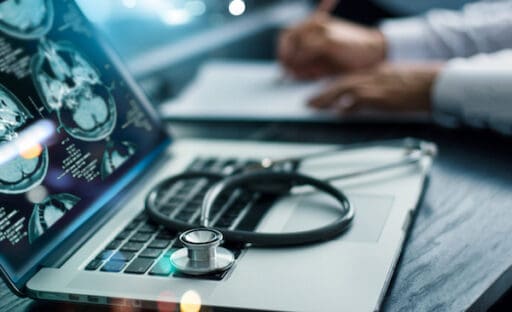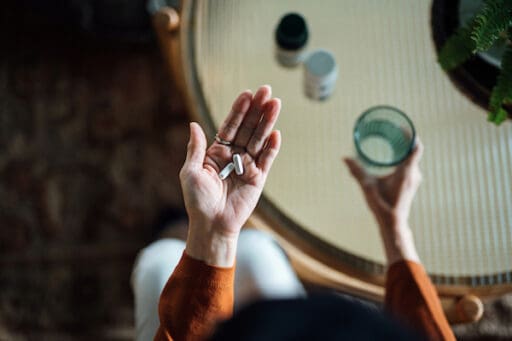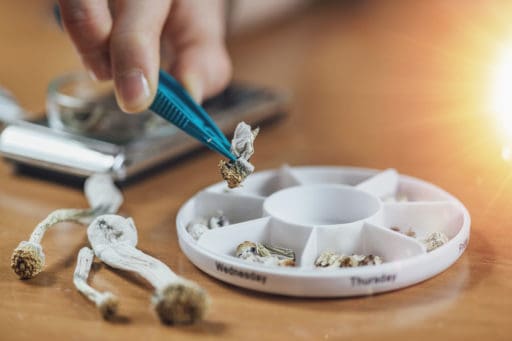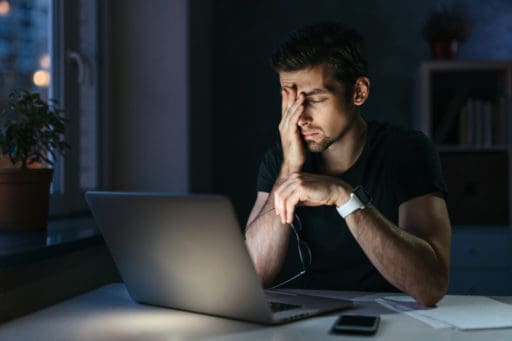Intrusive thoughts of suicide are one of the many possible manifestations of depression, obsessive-compulsive disorder, postpartum depression, and other psychiatric conditions. Despite advances in mental health treatment, suicide is a
Bilateral Theta Burst TMS
As research in the burgeoning field of transcranial magnetic stimulation (TMS) continues to expand, new treatment methodologies have continued to emerge. One such approach involves the use of theta burst
What is D-Cycloserine: How to Repurpose this Antibiotic
Innovation in modern medicine doesn’t always necessitate the invention of new drugs; in some cases, existing medications may be repurposed. One such interesting case is how the antibiotic D-cycloserine might
What Does TMS Target in the Brain?
Transcranial Magnetic Stimulation (TMS), a non-invasive treatment characterized by magnetic pulses that target areas of your brain in which low activity causes depression, is very effective. According to an article
What to Know Before Trying Mushrooms For Your Depression
What is Psychedelic-Assisted Psychotherapy (PAP)? Beginning in the late 1990s but expanding especially in the past few years, studies have been conducted demonstrating the potential benefits of psychedelics in helping
How Does Computer-Based CBT Alleviate Major Depression?
Digital mental health tools are on the rise—and that includes computer-based CBT, often known as computer-assisted CBT. Computer-based CBT (CCBT) is a treatment method for patients with depression, anxiety, substance
How to Support Someone in Mental Health Treatment
Learning how to support someone receiving treatment for mental health conditions can make a world of difference for your loved one. Whether someone you know is facing a crisis or
How Does Lithium Help Depression?
What is lithium and how does lithium help depression? You may know lithium as an organic element on the periodic table of elements. However, lithium is also a mood stabilizer—a
How to Avoid Employee Burnout
If you’re wondering how to avoid employee burnout, it’s important that you first understand what causes it. Burnout is disastrous for employee productivity, and has the potential to leak into
TMS and Headaches: How to Deal with This Common Side Effect
TMS (Transcranial magnetic stimulation) uses a current that passes through a metal coil that’s placed against the head, The coil generates magnetic fields that rapidly alternate. A hypothesis of how










